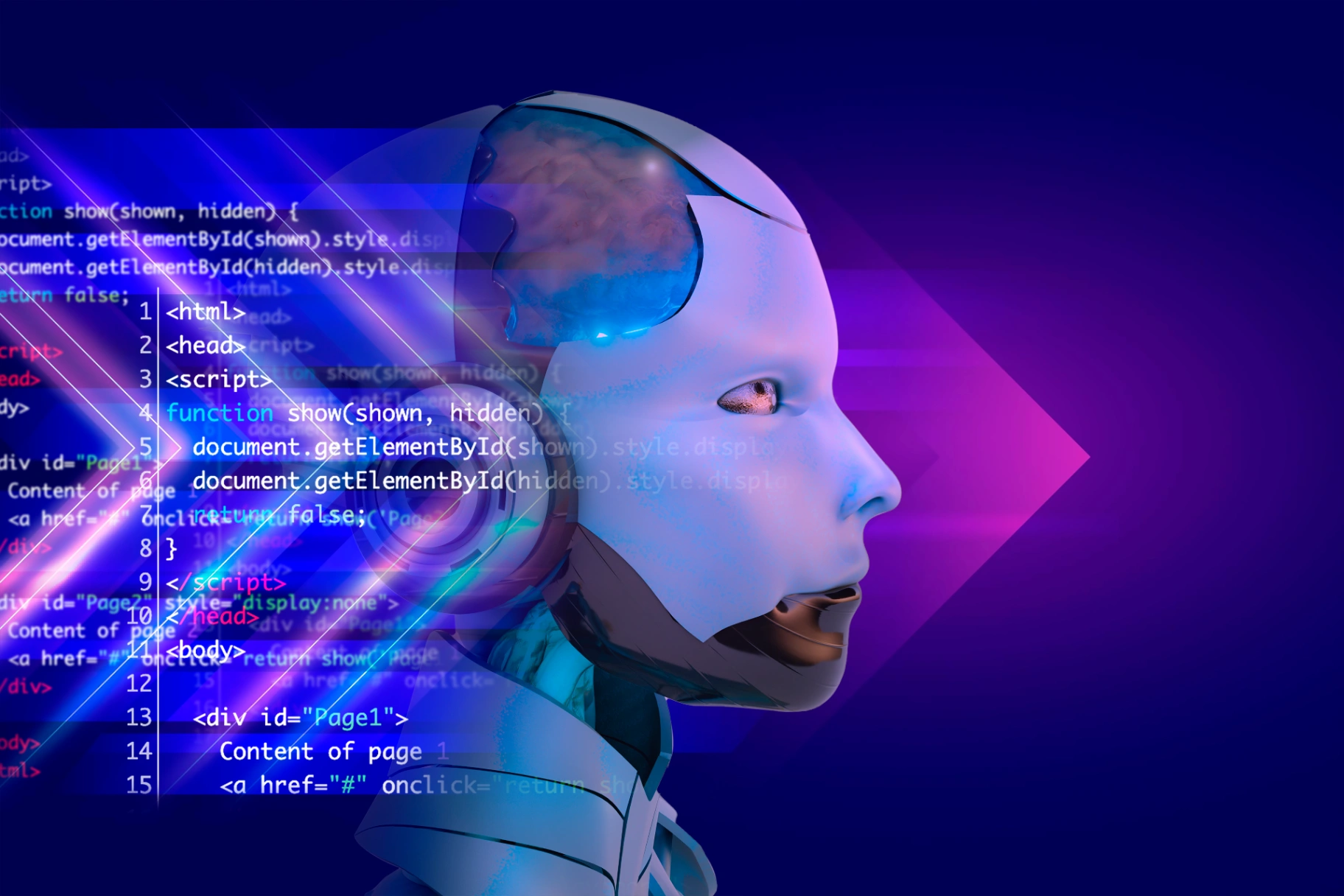Top 15 Programming Languages for Artificial Intelligence
Artificial Intelligence (AI) continues to revolutionize industries across the globe, making the choice of programming language
Created by: Daniel Ogunsemowo /
Vetted by:
Otse Amorighoye

Top 15 Programming Languages for AI Development in 2024
Artificial Intelligence (AI) continues to revolutionize industries across the globe, making the choice of programming language more critical than ever. Whether you're developing machine learning models, working on AI-driven applications, or creating neural networks, the right programming language can significantly enhance your project's effectiveness and efficiency. This article explores the top 15 programming languages suited for AI development in 2024, offering a blend of performance, community support, and scalability.
1. Python
Python reigns supreme in the world of AI due to its simplicity and readability, coupled with a robust ecosystem of libraries such as TensorFlow, NumPy, and PyTorch. It’s ideal for beginners and experts alike, facilitating rapid development and prototyping. For more insights, check out our detailed guide on Python for AI.
2. Java
Known for its portability, ease of debugging, and good performance, Java is a great choice for building scalable AI applications. Libraries like Deeplearning4j and the simplicity of the code make it a reliable option. Learn more about its capabilities in our article on Java Programming Language.
3. R
R is highly regarded for statistical computing and graphics, making it perfect for data analysis and machine learning. It offers numerous packages like ggplot2 and caret that are specifically tailored for AI applications. For a deeper dive, see R for AI.
4. JavaScript
With the rise of TensorFlow.js, JavaScript has become a viable option for AI programming, particularly for developing AI-enabled web applications. It allows the integration of AI directly into the user interface.
5. C++
C++ offers unmatched speed and efficiency, which is crucial for AI programming where time complexity plays a significant role. It’s especially good for AI projects involving game development or real-time simulations.
6. Julia
Julia is designed for high-performance numerical and computational work. Its syntax is great for mathematicians and its speed is comparable to that of C++, making it suitable for high-level AI research and operations.
7. Swift
Apple’s Swift has been gaining traction in AI thanks to its support for iOS devices' AI features and its use in TensorFlow. It’s an excellent choice for developers looking to integrate AI into mobile apps.
8. TypeScript
TypeScript, a superset of JavaScript, brings strict typing to AI development on web platforms. This enhances the robustness of the code and improves the development experience with tools like TensorFlow.js.
9. Scala
Scala’s functional programming features make it a good choice for AI algorithms that require concurrency and complex computational capabilities. It’s often used with Apache Spark to handle big data AI projects. For more on its benefits, read Scala vs Java: Which One is Better for Your Development Needs.
10. Go
Developed by Google, Go offers excellent support for multithreading and is efficient in handling large-scale AI applications. Its simplicity and performance make it a growing favorite among AI developers.
11. Kotlin
Kotlin is becoming increasingly popular for AI development on Android, thanks to its compatibility with Java and its cleaner syntax. It’s used in AI-powered mobile applications. Discover its features in our Introducing Kotlin Development article.
12. Prolog
Prolog is one of the older programming languages that remains pertinent in AI for tasks that involve rule-based logical queries like in expert systems and problem-solving applications.
13. MATLAB
Favored in academia and research, MATLAB excels in matrix functions, which are vital in AI for image processing and complex mathematical calculations. For an in-depth exploration, see Why MATLAB? An In-depth Exploration of Its Unmatched Versatility and Utility.
14. Ruby
Ruby offers simplicity and good libraries for data analysis, although it is less commonly used for AI than other languages on this list. It’s a good starting point for beginners due to its easy-to-understand syntax.
15. Rust
Rust is known for its memory safety features, making it a reliable option for AI applications where data integrity is crucial. It’s excellent for building high-performance AI systems.
Conclusion
Choosing the right programming language for AI depends on your project's requirements, your team's expertise, and the specific tasks at hand. Python remains a top choice due to its versatility and ease of use, but exploring other languages can offer unique advantages specific to your needs. As AI continues to evolve, staying adaptable and informed about different programming environments will be key to success.
FAQs
Which programming language is best for beginners in AI development?
Python is widely regarded as the best programming language for beginners in AI development due to its simplicity, readability, and extensive ecosystem of libraries and frameworks tailored for AI.
How important is the speed of a programming language for AI development?
Speed can be crucial in AI development, particularly for tasks that involve processing large datasets or require real-time analysis. Languages like C++ and Julia are preferred for their high performance in such scenarios.
Can I use JavaScript for AI development?
Yes, JavaScript can be used for AI development, especially for web-based AI applications. With libraries like TensorFlow.js, you can run AI models directly in the browser, making it a viable option for integrating AI with web interfaces.
What are the benefits of using R for AI projects?
R is highly beneficial for AI projects that involve statistical computing and data analysis. Its rich set of packages for data visualization and machine learning, such as ggplot2 and caret, make it a powerful tool for data-driven AI development.
Is MATLAB suitable for commercial AI applications or just academic research?
While MATLAB is highly popular in academia and research due to its robust mathematical capabilities, it is also suitable for commercial AI applications, especially in fields that require intensive mathematical computations and simulations, such as engineering and finance.